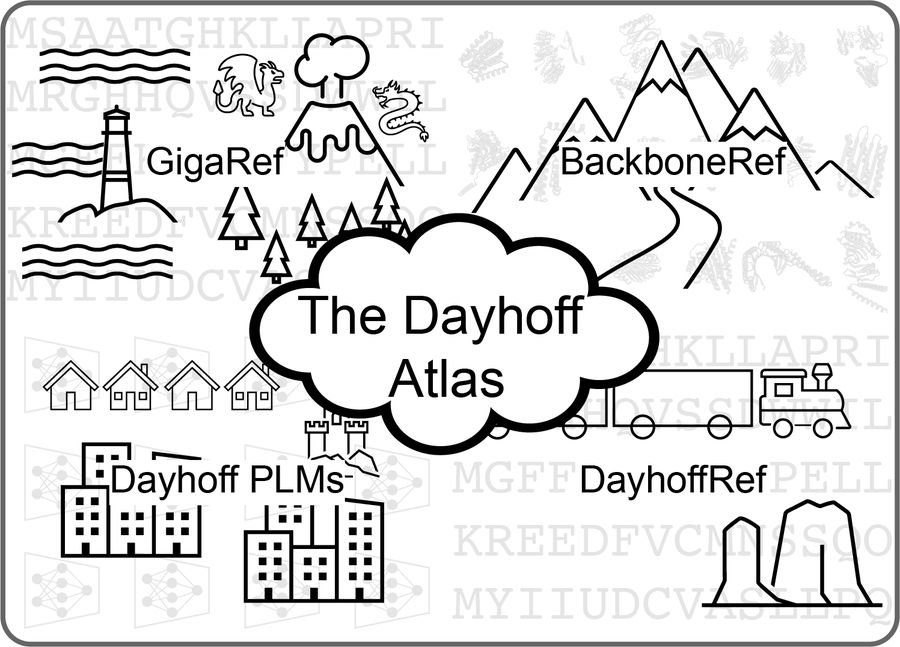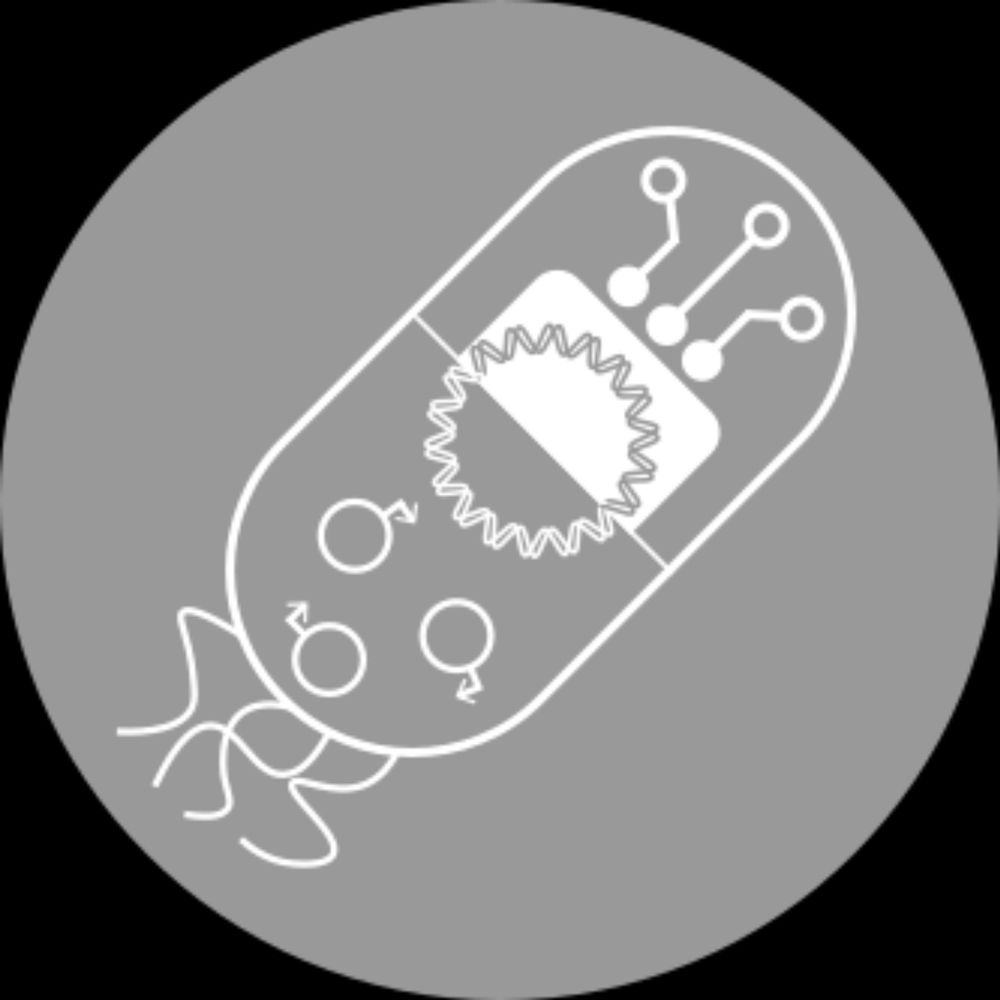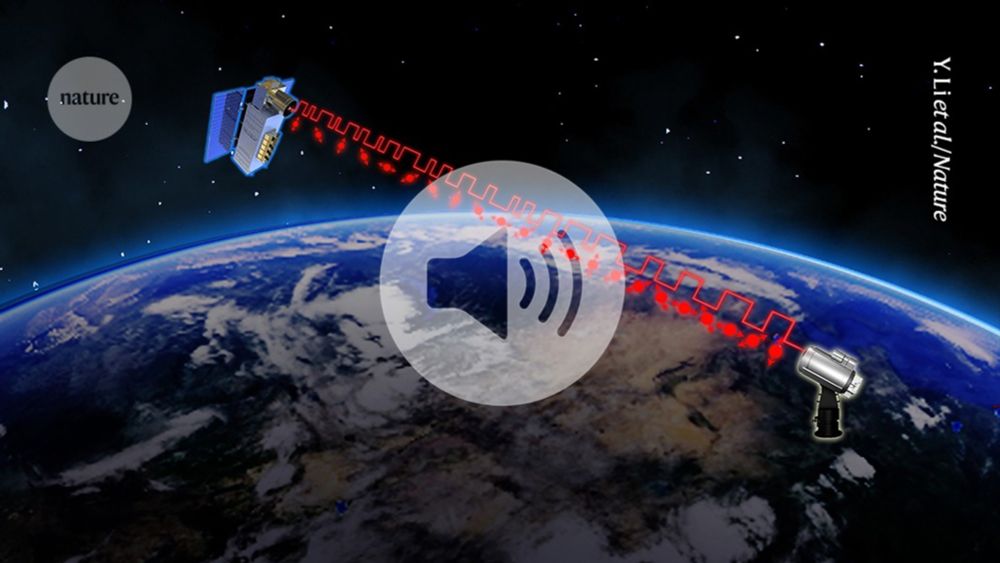Ross D. Jones, PhD
@jonesr18.bsky.social
610 followers
1.6K following
15 posts
HRBC Postdoctoral Fellow at UBC, Zandstra Lab; mammalian #synbio for production and programming of immune cell therapies
https://scholar.google.com/citations?hl=en&user=hz1c6tsAAAAJ
Posts
Media
Videos
Starter Packs
Reposted by Ross D. Jones, PhD
Reposted by Ross D. Jones, PhD
Reposted by Ross D. Jones, PhD
Reposted by Ross D. Jones, PhD
Reposted by Ross D. Jones, PhD
Reposted by Ross D. Jones, PhD
Reposted by Ross D. Jones, PhD
Reposted by Ross D. Jones, PhD
Reposted by Ross D. Jones, PhD
Ross D. Jones, PhD
@jonesr18.bsky.social
· Mar 24
Reposted by Ross D. Jones, PhD
Olivier Borkowski
@oborkowski.bsky.social
· Mar 23

Multi-Layer Autocatalytic Feedback Enables Integral Control Amidst Resource Competition and Across Scales
Integral feedback control strategies have proven effective in regulating protein expression in unpredictable cellular environments. These strategies, grounded in model-based designs and control theory, have advanced synthetic biology applications. Autocatalytic integral feedback controllers, utilizing positive autoregulation for integral action, are one class of simplest architectures to design integrators. This class of controllers offers unique features, such as robustness against dilution effects and cellular growth, as well as the potential for synthetic realizations across different biological scales, owing to their similarity to self-regenerative behaviors widely observed in nature. Despite this, their potential has not yet been fully exploited. One key reason, we discuss, is that their effectiveness is often hindered by resource competition and context-dependent couplings. This study addresses these challenges using a multilayer feedback strategy. Our designs enabled population-level integral feedback and multicellular integrators, where the control function emerges as a property of coordinated interactions distributed across different cell populations coexisting in a multicellular consortium. We provide a generalized mathematical framework for modeling resource competition in complex genetic networks, supporting the design of intracellular control circuits. The use of our proposed multilayer autocatalytic controllers is examined in two typical control tasks that pose significant relevance to synthetic biology applications: concentration regulation and ratiometric control. We define a ratiometric control task and solve it using a variant of our controller. The effectiveness of our controller motifs is demonstrated through a range of application examples, from precise regulation of gene expression and gene ratios in embedded designs to population growth and coculture composition control in multicellular designs within engineered microbial ecosystems. These findings offer a versatile approach to achieving robust adaptation and homeostasis from subcellular to multicellular scales.
pubs.acs.org
Reposted by Ross D. Jones, PhD
Reposted by Ross D. Jones, PhD
Reposted by Ross D. Jones, PhD
Arjun Raj
@arjunraj.bsky.social
· Mar 18
Reposted by Ross D. Jones, PhD
Ross D. Jones, PhD
@jonesr18.bsky.social
· Mar 10
Kaia Mattioli
@kaiamattioli.bsky.social
· Mar 10
Reposted by Ross D. Jones, PhD
Reposted by Ross D. Jones, PhD















